Cost assessment of Protected Areas Network in Papua New Guinea and support to the development of the National PAs Network Sustainable Financing Strategy
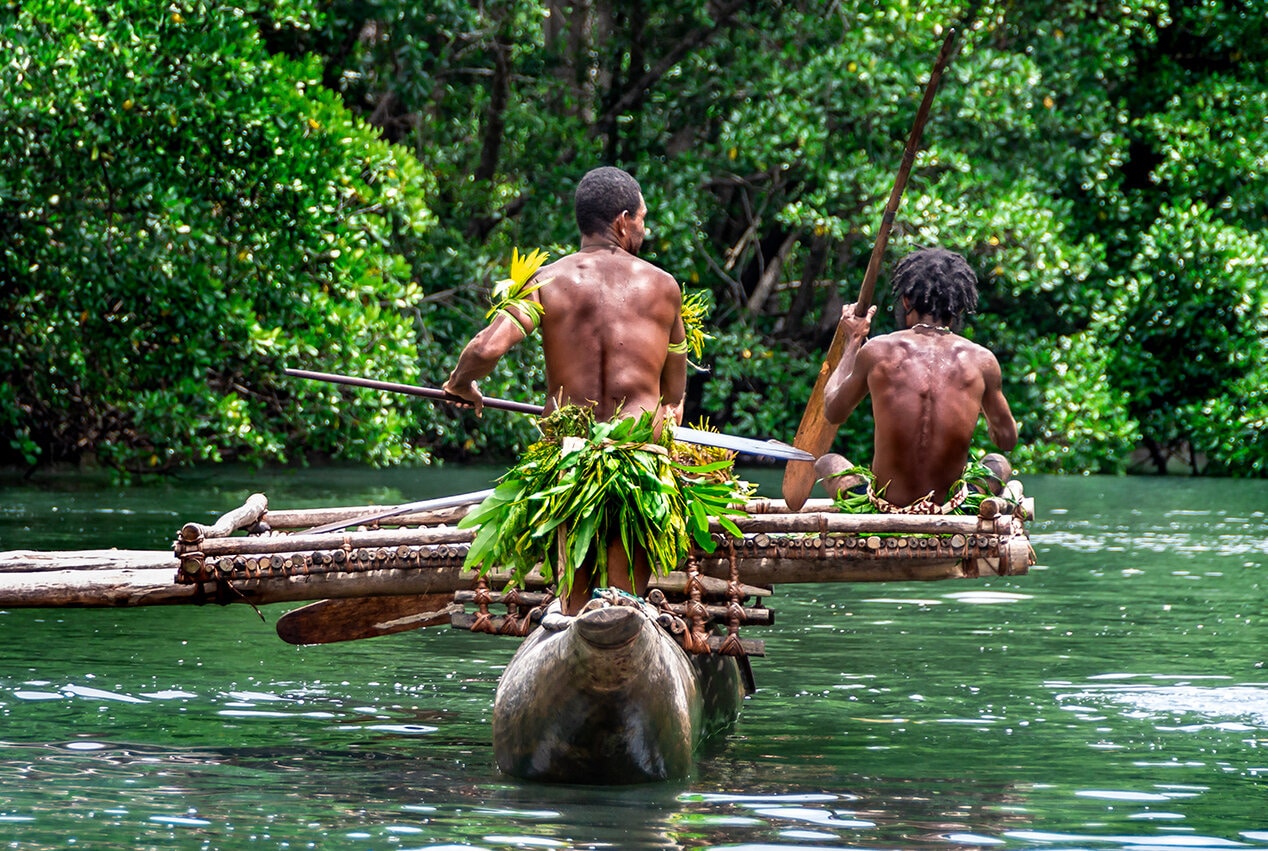
 Share
Share
Client: UNDP / Natural Strategies
This project aimed to develop a sustainable financing strategy for the Papua New Guinea’s Protected Areas (PAs) network, supporting long-term conservation. Rio Impact’s support focused on a costing assessment and expertise on cost-benefit analyses to help prioritize financing options.
In the context of this mission Rio Impact:
- Conducted a costing assessment of the PA network in PNG.
- Supported consultations with national stakeholders in the design of a sustainable financing strategy for the PA network.
- Delivered trainings on cost-benefit analyses (CBA) for Protected Areas.
Results: The costing assessment and sustainable financing plan provided a clear vision of how to develop relevant biodiversity financing solutions and attract technical and financial partners for PAs in PNG.
Our latest news articles
-
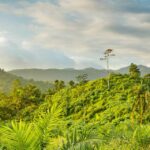
-

-
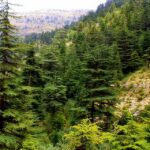 Establishment of an emergency fund to fight forest fires in Lebanon 12 December 2025
Establishment of an emergency fund to fight forest fires in Lebanon 12 December 2025

Training of Member Banks of the Association of African Development Finance Institutions (AADFI) on Mainstreaming Climate Finance in National DFIs (GIZ/AADFI)
Posted at 06:40 in RioThis project aimed to build the capacity of development finance institutions (DFIs) across Africa to mainstream climate finance into their operations and funding portfolios.
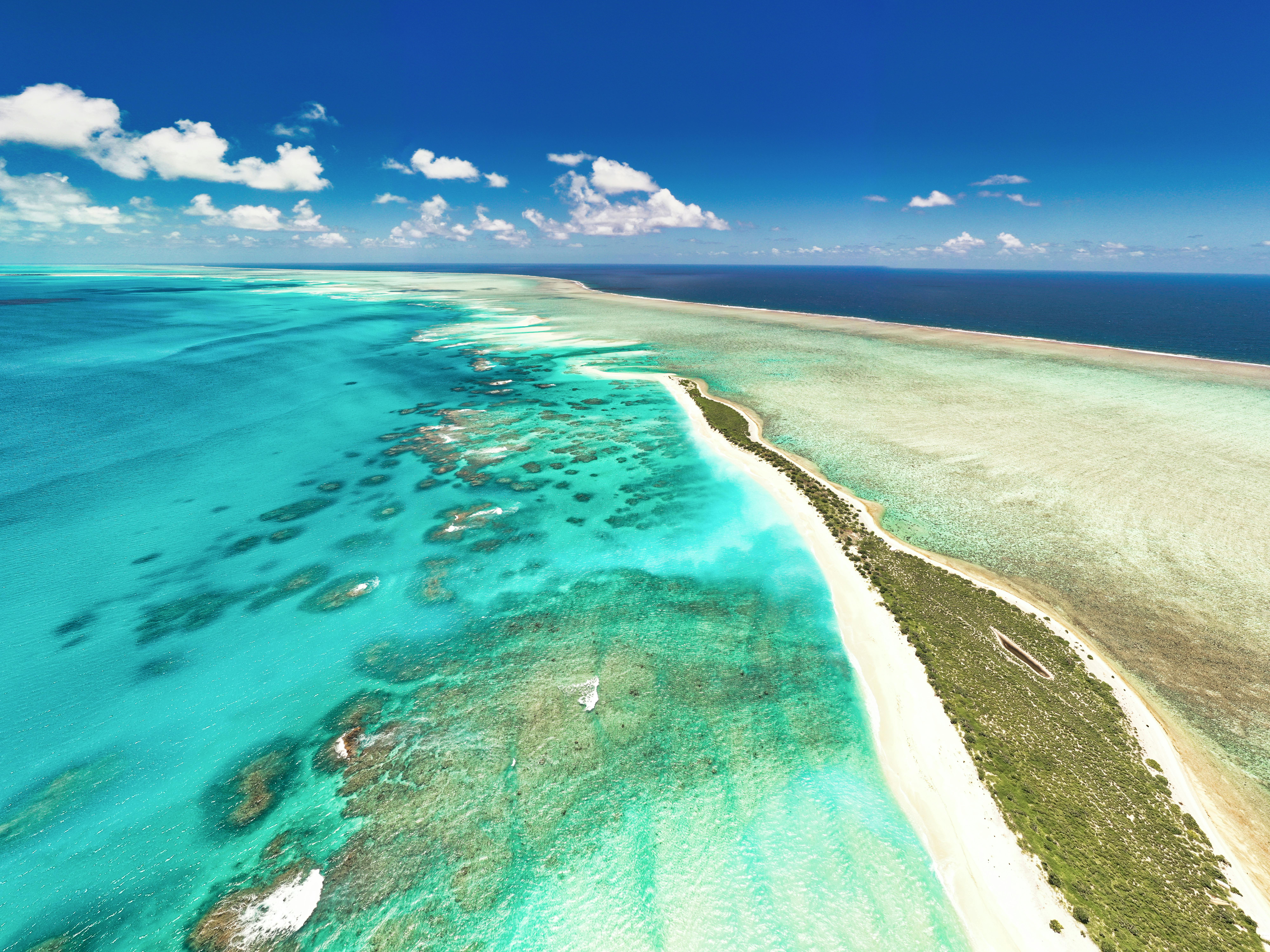
Development of a Biodiversity Stewardship Programme in Mauritius
Posted at 06:40 in RioThis project focused on creating a Biodiversity Stewardship Programme in Mauritius to engage private landowners, and private sector stakeholders in the sustainable management and conservation of biodiversity on private lands.
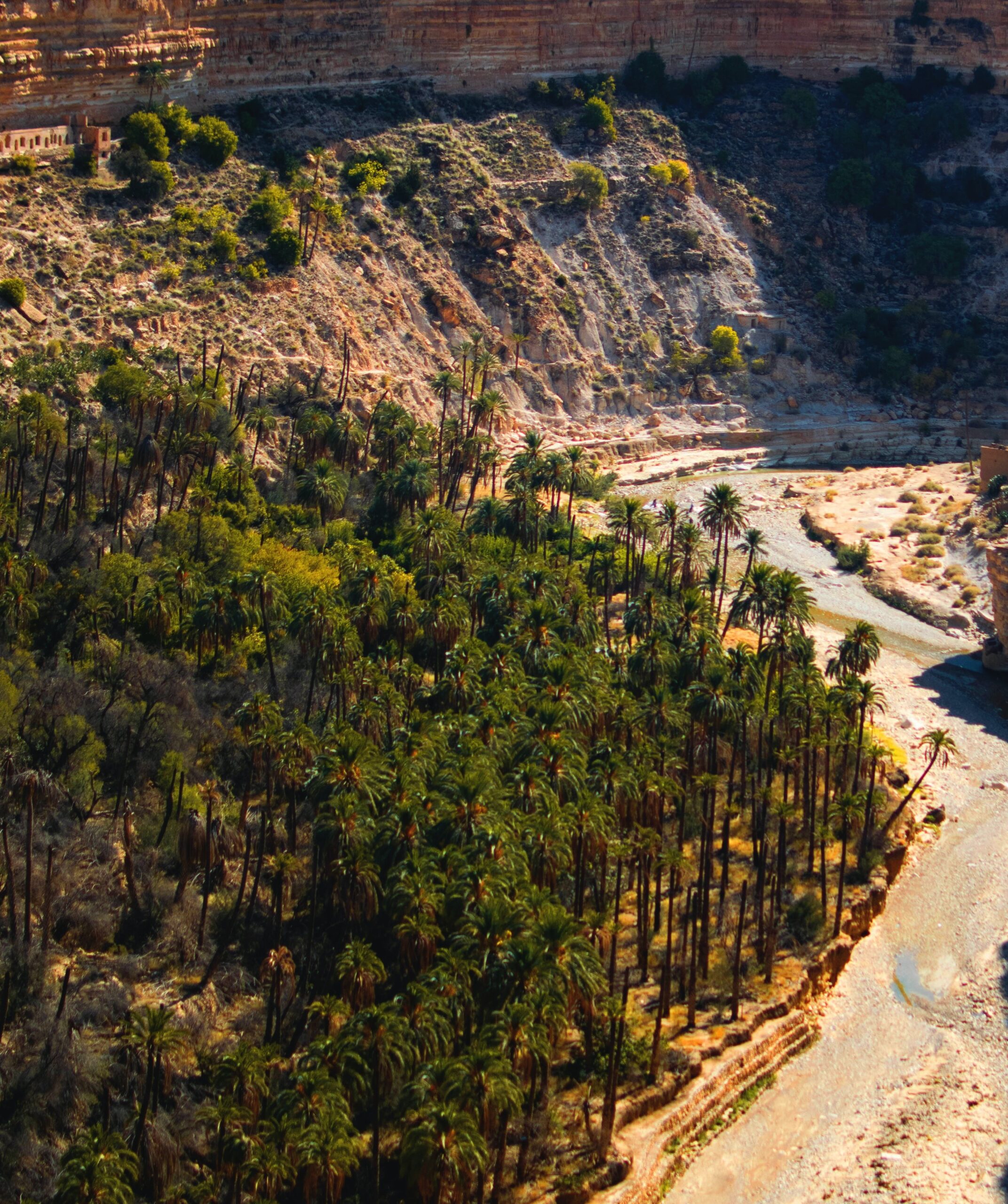
Development of a National Climate Finance Strategy and Action Plan in Algeria
Posted at 06:40 in RioThis mission focused on developing a national climate finance strategy and action plan for Algeria, aiming to enhance the country’s capacity to access and manage climate finance for mitigation and adaptation initiatives.
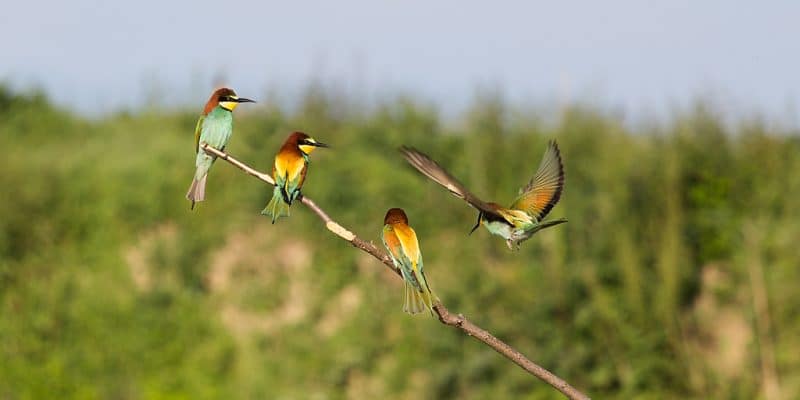
Planning of a New Project on Ecosystem Services in Morocco: Quantification, Valuation, and Design of Positive Incentives for Ecosystem Services
Posted at 06:40 in RioThis project aimed to design a new initiative for ecosystem services valorization in Morocco, focusing on the quantification, valuation, and development of positive incentives for ecosystem conservation and restoration.

Development of Sectoral Action Plans on Biodiversity in Algeria
Posted at 06:40 in RioThis project aimed to create sectoral action plans for Algeria to integrate biodiversity conservation into key economic sectors, ensuring alignment with the country’s national biodiversity strategy.
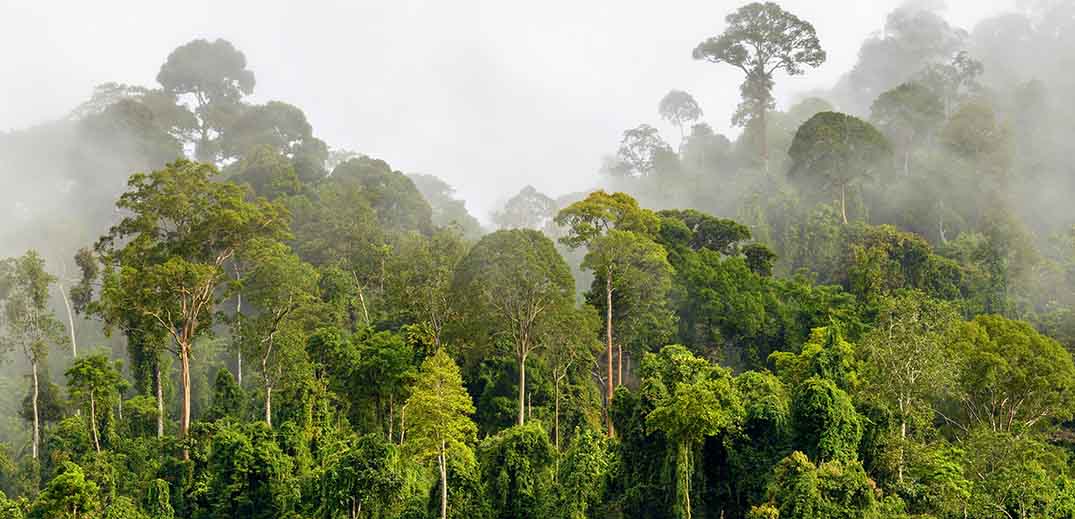
Design of a Green Climate Fund Project Concept Note for the Forest Sector in Côte d’Ivoire
Posted at 06:40 in RioAdvisory services focused on designing a Green Climate Fund (GCF) concept note with the aim to attract GCF funding to unleash Côte d’Ivoire’s forest sector’s contributions to climate change mitigation and adaptation (Ecosystem-based Adaptation).
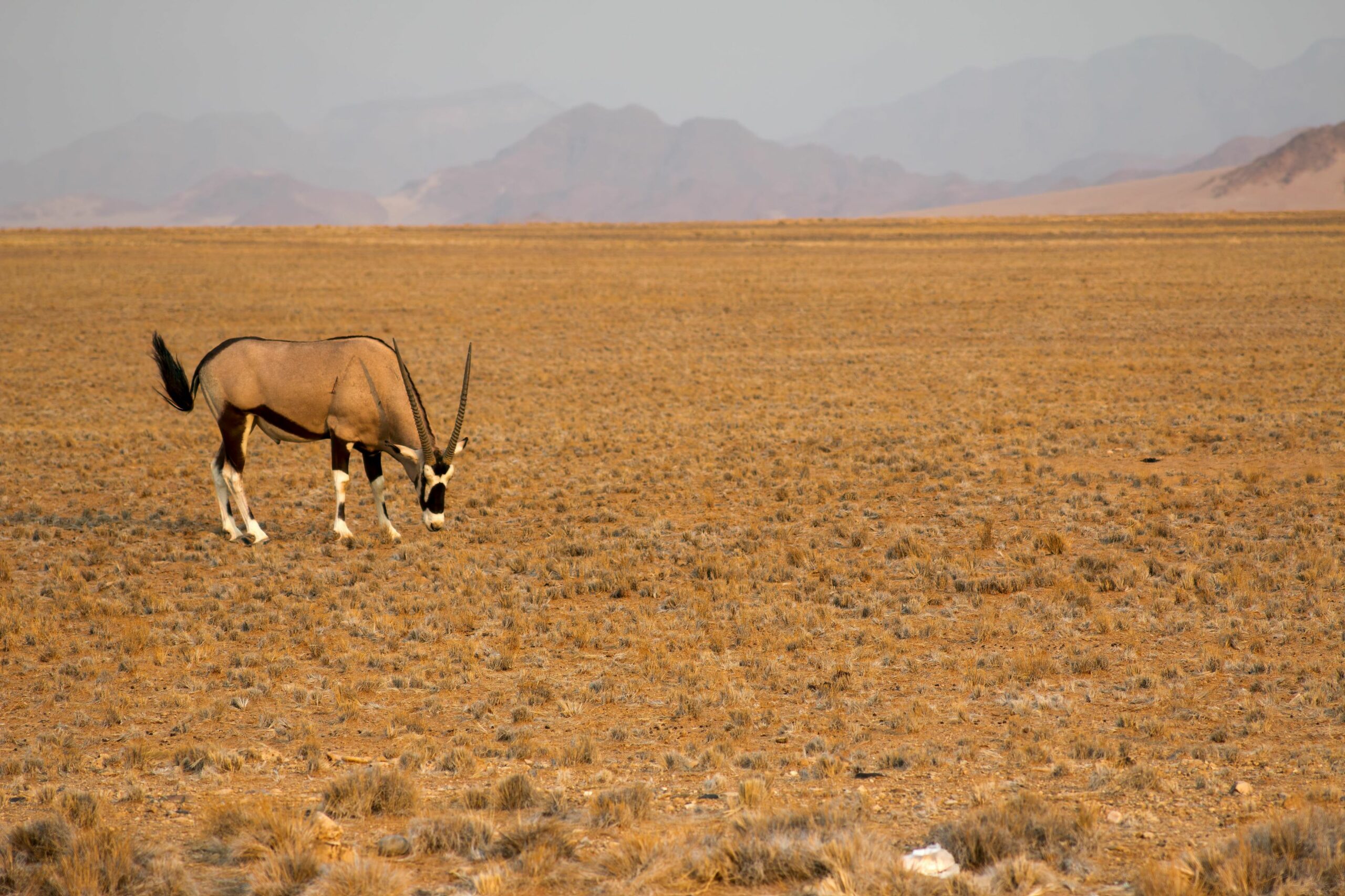
Identification of Opportunities for Land Degradation Neutrality (LDN) Transformative Projects and Programmes in Namibia
Posted at 06:40 in RioThis mission aimed at identifying opportunities to design Land Degradation Neutrality (LDN) transformative projects and programs in Namibia, focusing on sustainable land management practices and restoration efforts to combat land degradation.
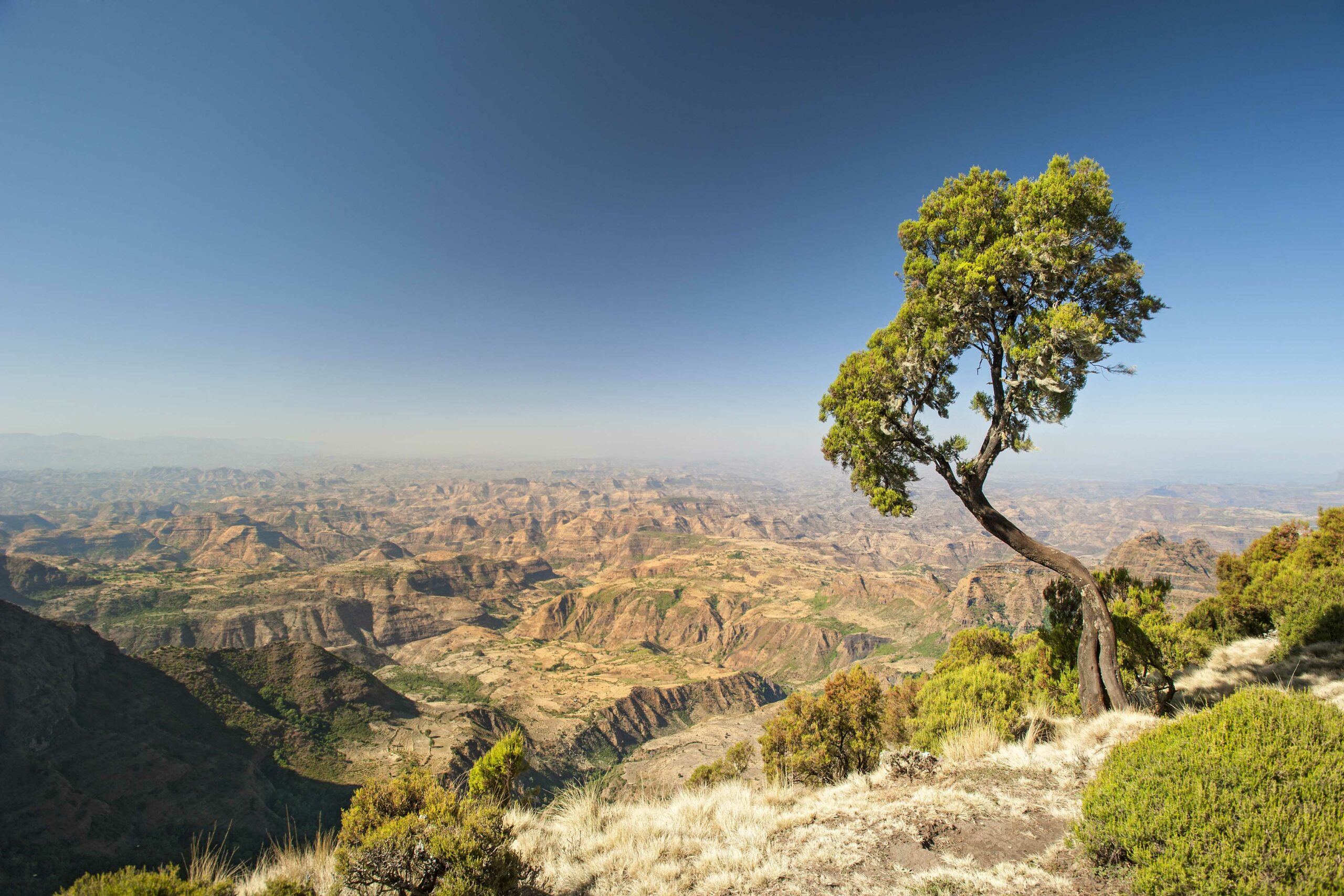
Identification of Opportunities for Land Degradation Neutrality (LDN) Transformative Projects and Programmes in Ethiopia
Posted at 06:40 in RioThis mission aimed at identifying opportunities to design Land Degradation Neutrality (LDN) transformative projects and programs in Ethiopia, focusing on sustainable land management practices and restoration efforts to combat land degradation.
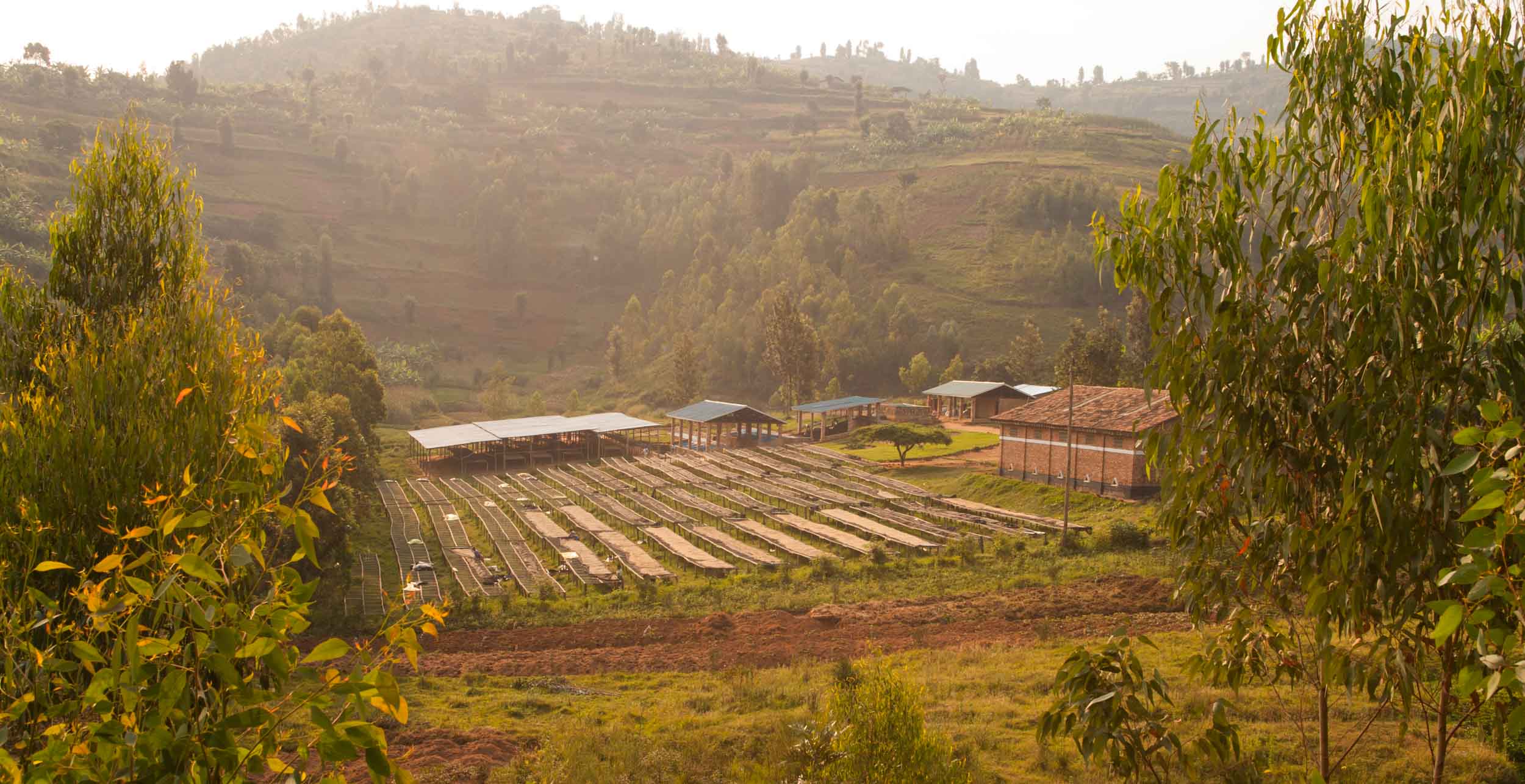
Design of the Forest and Landscape Investment Forum in Kigali, Rwanda
Posted at 06:40 in RioThe Forest and Landscape Investment Forum, held in Kigali, Rwanda, aimed to foster dialogue between diverse stakeholders, including government, private sector, and financial institutions, to promote investment in sustainable land management, forest conservation, and landscape restoration in the East African region.
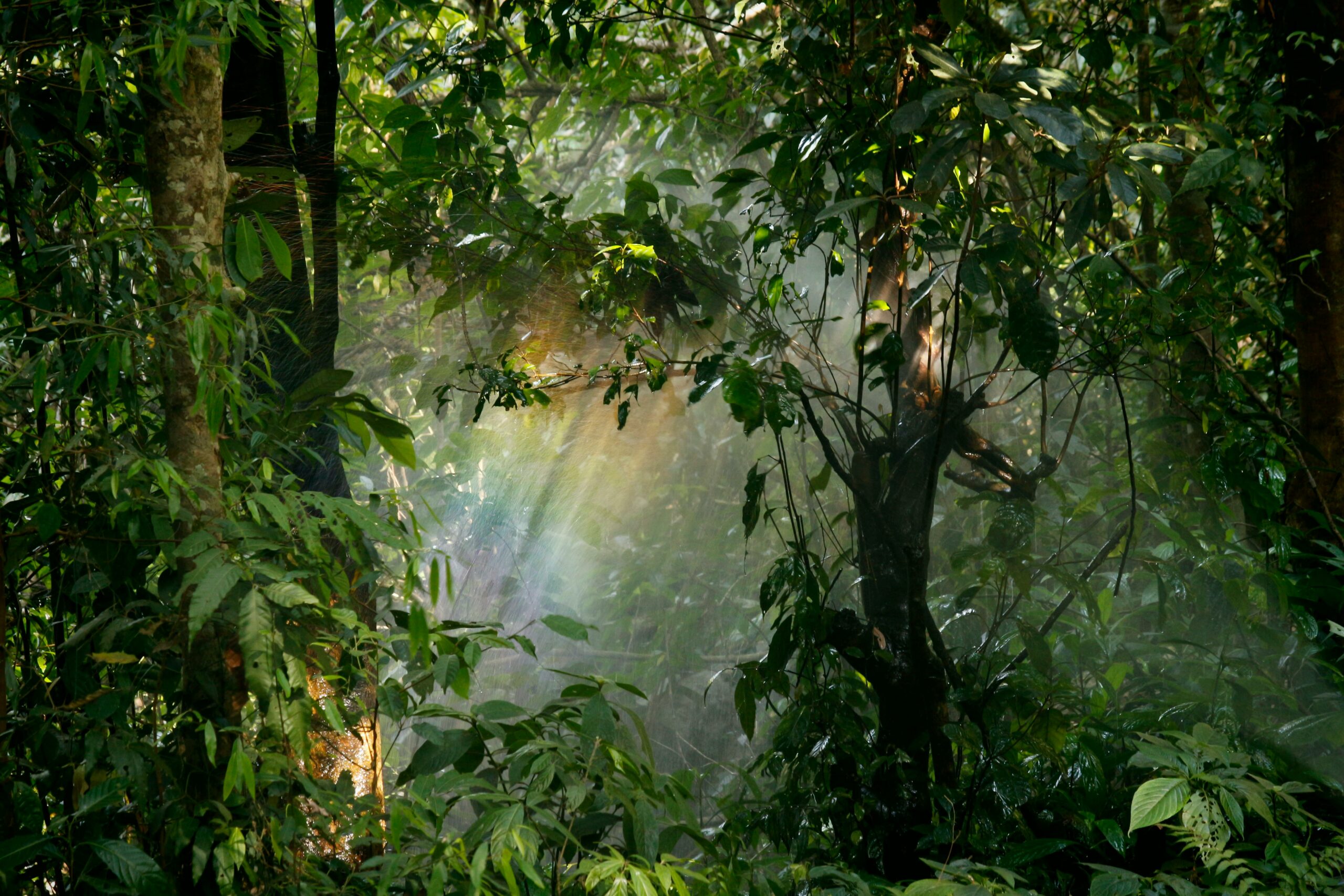
Technical Analyses to Support Global Restoration Engagement (Reforest’action)
Posted at 06:40 in RioRio Impact delivered technical analyses to support the global ecosystem restoration efforts of Reforest’action, assessing what restoration types are relevant in given geographic contexts.

Training of WWF Staff in Africa on Climate Change Adaptation Finance
Posted at 06:40 in RioIn the context of the WWF Africa Adaptation Initiative, this mission aimed to design and deliver a tailor-made training to WWF staff across Africa on securing finance for climate change adaptation projects, particularly focusing on ecosystem-based adaptation (EbA) and nature-based solutions (NbS).
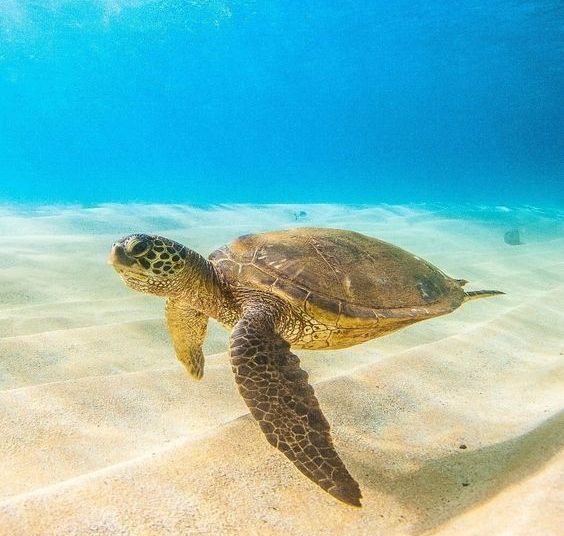
Training on Fundraising for Marine Protected Areas (MPAs) Managers (MedPAN)
Posted at 06:40 in RioThis project provided training for Marine Protected Areas (MPAs) managers in the Mediterranean, focusing on effective fundraising strategies for Marine Protected Areas (MPAs). The aim was to equip MPA managers with the fundraising skills to attract more financial resources and sustain conservation efforts.
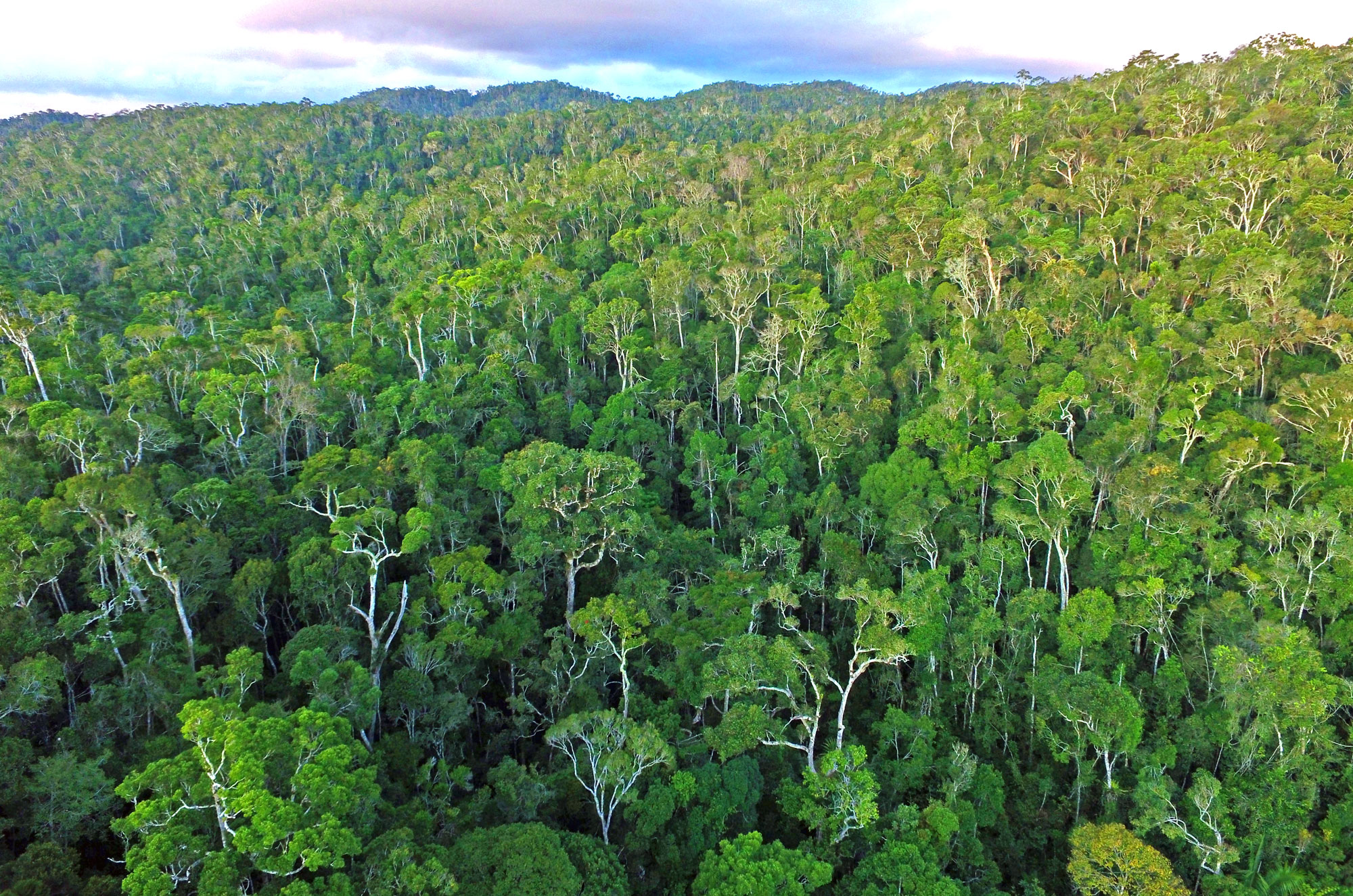
National Forest Fund Design in Madagascar
Posted at 06:40 in RioMadagascar has been planning for the establishment of a National Forest Fund (NFF) in its forest legislation. The NFF is meant to finance forest protection, restoration and sustainable management efforts for the whole country. Rio Impact played a key role its design.
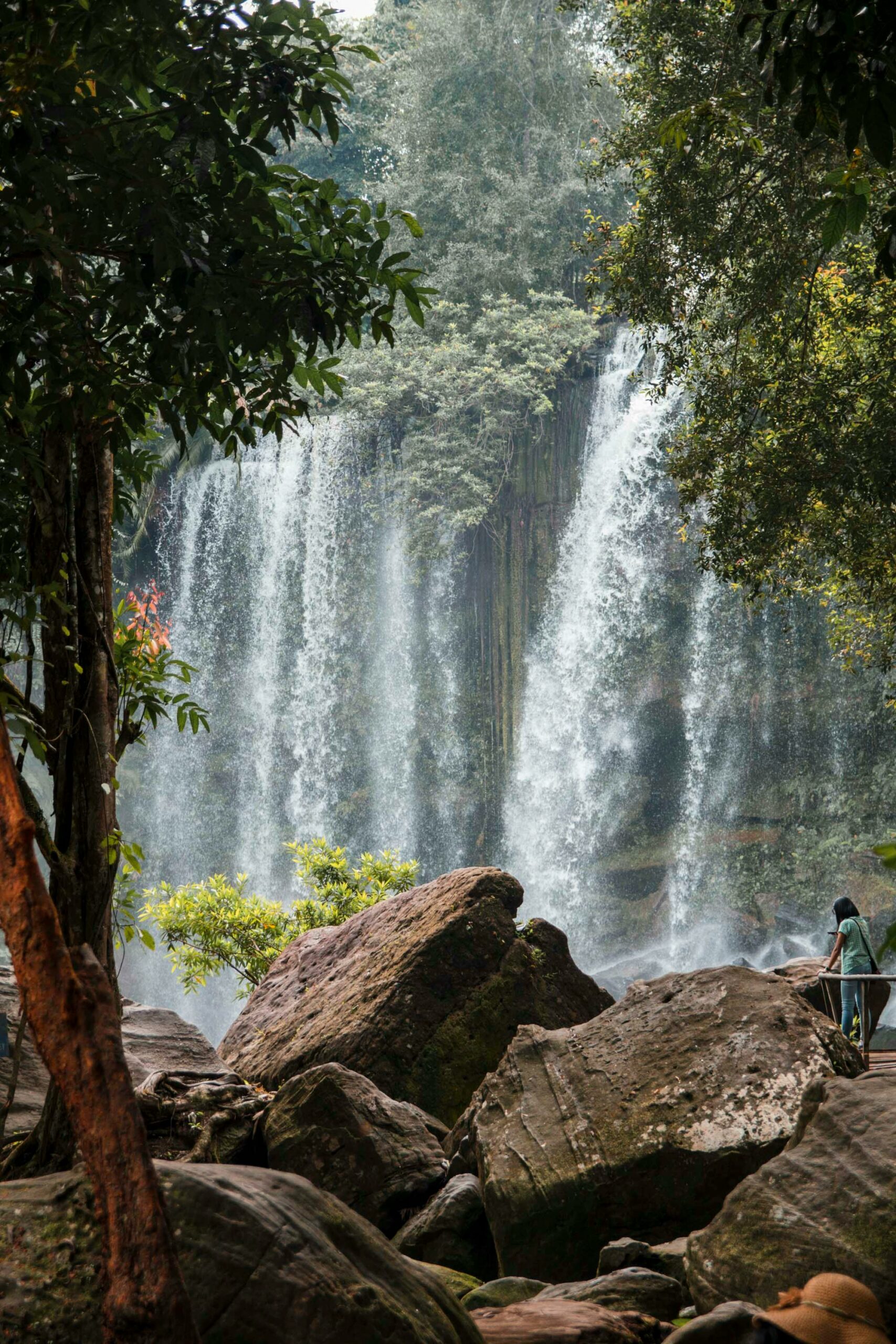
Advisory Services on Biodiversity Fund Design in Cambodia
Posted at 06:40 in RioThis project provided advisory services to analyze opportunities for the design and/or reform of existing domestic funds towards the establishment of national biodiversity fund fostering a Payment for Ecosystem Services approach in Cambodia.
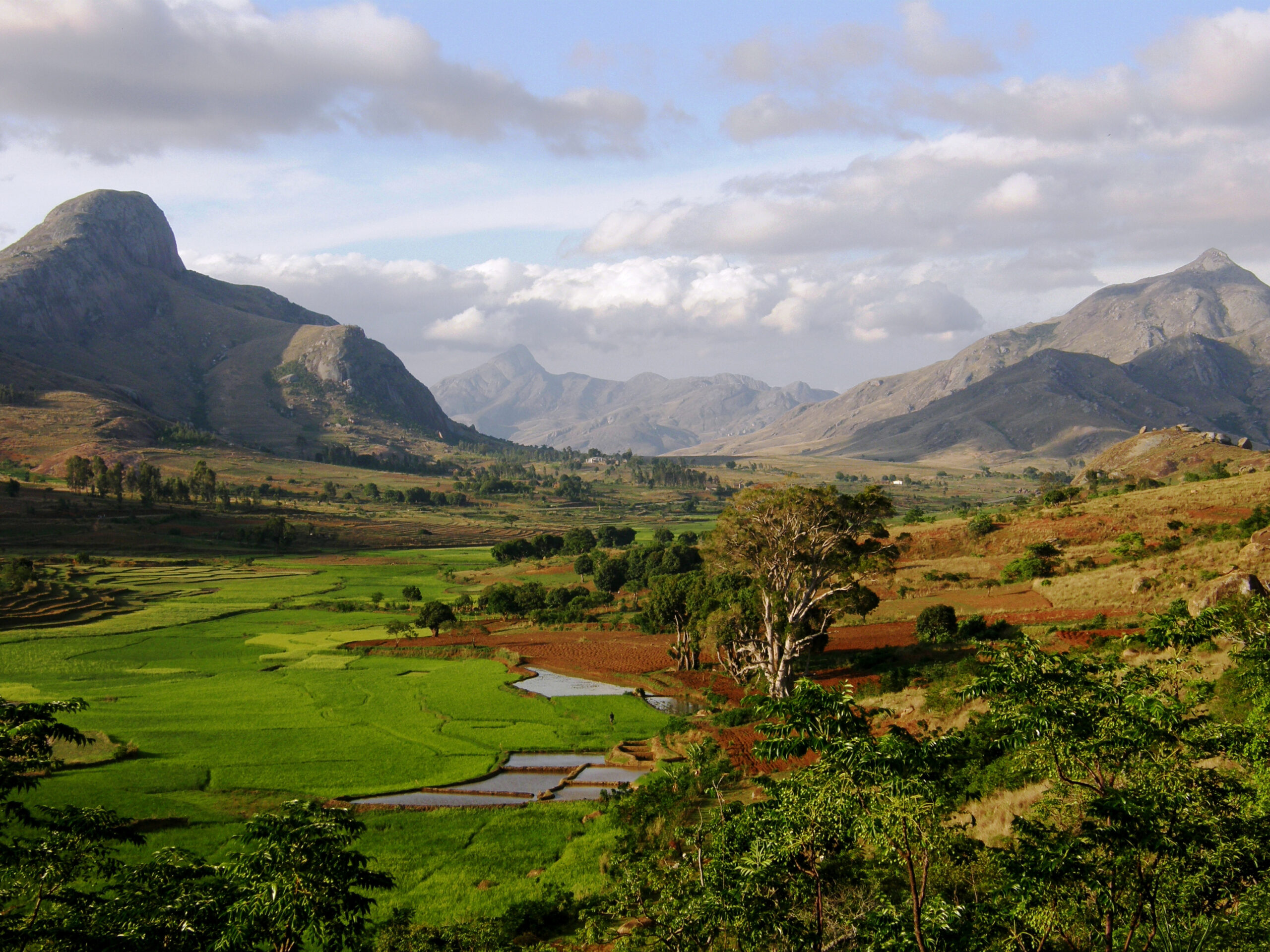
Development of a Financing and Fundraising Strategy for the Tany Meva Foundation in Madagascar
Posted at 06:40 in RioThe Tany Meva Foundation needed a comprehensive financing and fundraising strategy to secure sustainable funding for its conservation and community development projects across Madagascar. In the context of this mission Rio Impact: Conducted an institutional analysis of the foundation’s current financial structure and funding approach. Identified new potential funding sources, including private and international donors. […]
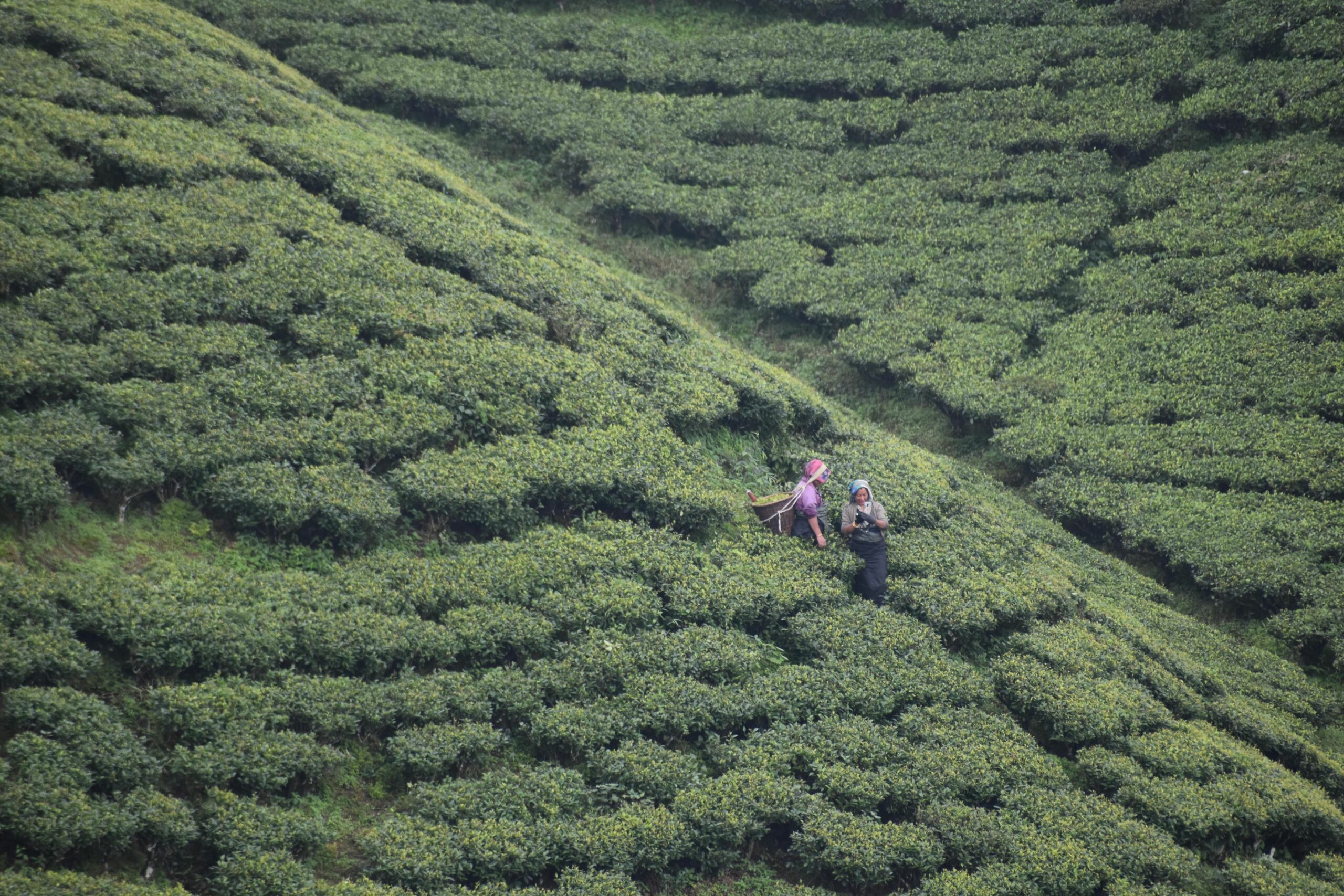
Development of a Green Commodities and Ecosystem Restoration Fund (Nature 4 Climate Fund / OneNature Finance)
Posted at 06:40 in RioThis project aimed to develop an impact fund that supports sustainable agriculture, forestry and ecosystem restoration, promoting green commodity value chains and nature-based solutions.
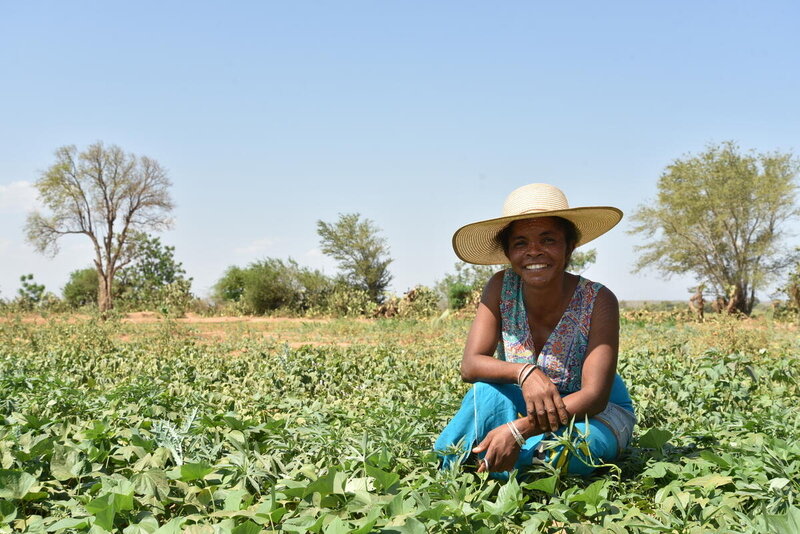
Design of a Climate Investment Facility (CIF) to Catalyze Private Sector Investment in Climate Action Projects in Madagascar
Posted at 06:40 in RioThis project aimed to establish a Climate Investment Facility (CIF) to attract private sector investment into climate action projects in Madagascar, particularly in the clean energy, sustainable agriculture and forestry sectors

Design of a National Vehicle for Climate Action in Morocco (GGGI)
Posted at 06:40 in RioAs part of the GCF Readiness project “Improving access to climate finance in the Regions of the Kingdom of Morocco” implemented by the Global Green Growth Institute (GGGI) Rio Impact advised the design of a multi-sectoral National Financing Vehicle (NFV).

Fundraising support to Madagascar National Parks
Posted at 06:40 in RioCoaching to the MNP management team on biodiversity financing and resource mobilization/fundraising approaches.
Analysis of innovative and sustainable financing opportunities for MNP.

Development of the National Biodiversity Strategy and Action Plan of Algeria (UNDP)
Posted at 06:40 in RioLeading a team of +8 national experts, and conducting national stakeholders consultations to develop the Algerian NBSAP “Biodiversity for Sustainable Development and Climate Change Adaptation”.
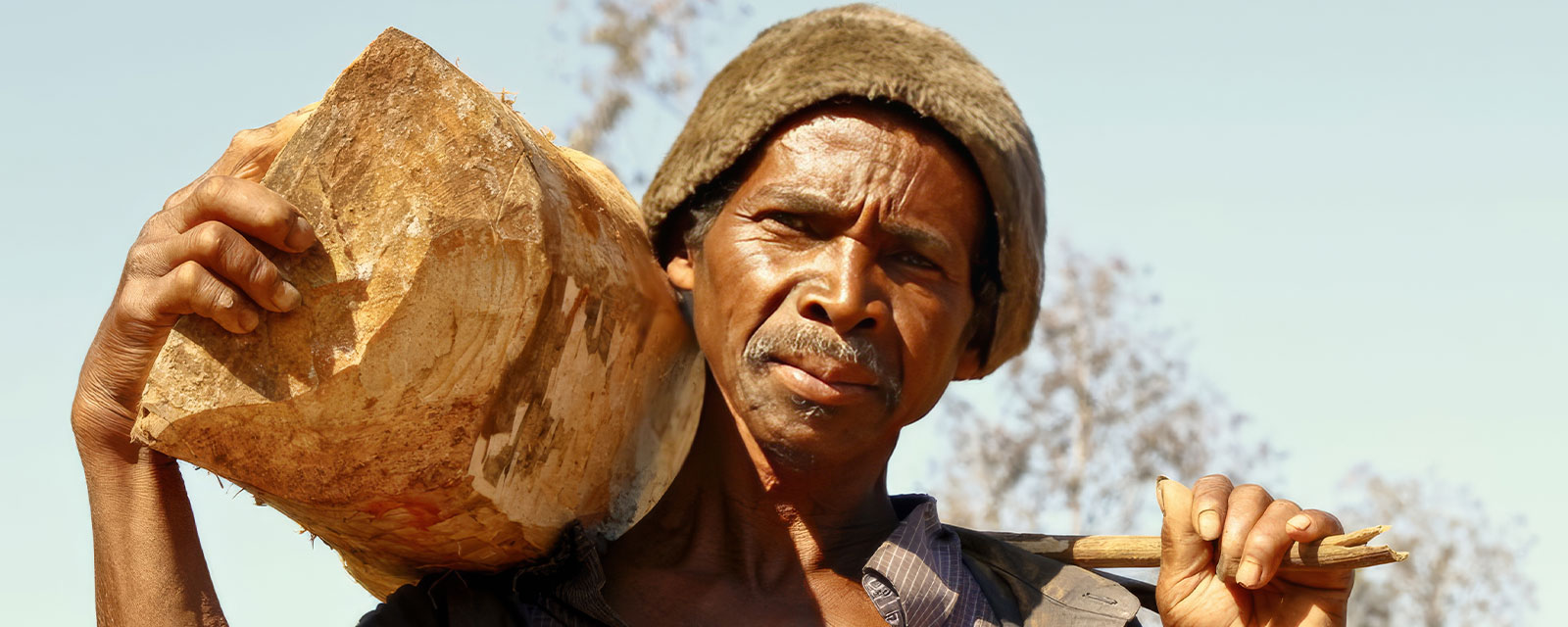
Climate Finance Advisory for the implementation of a NAP (GIZ)
Posted at 06:40 in RioDevelopment of pragmatic strategies and ideas to increase the financial resources available for the implementation of the National Adaptation Plan of Madagascar.
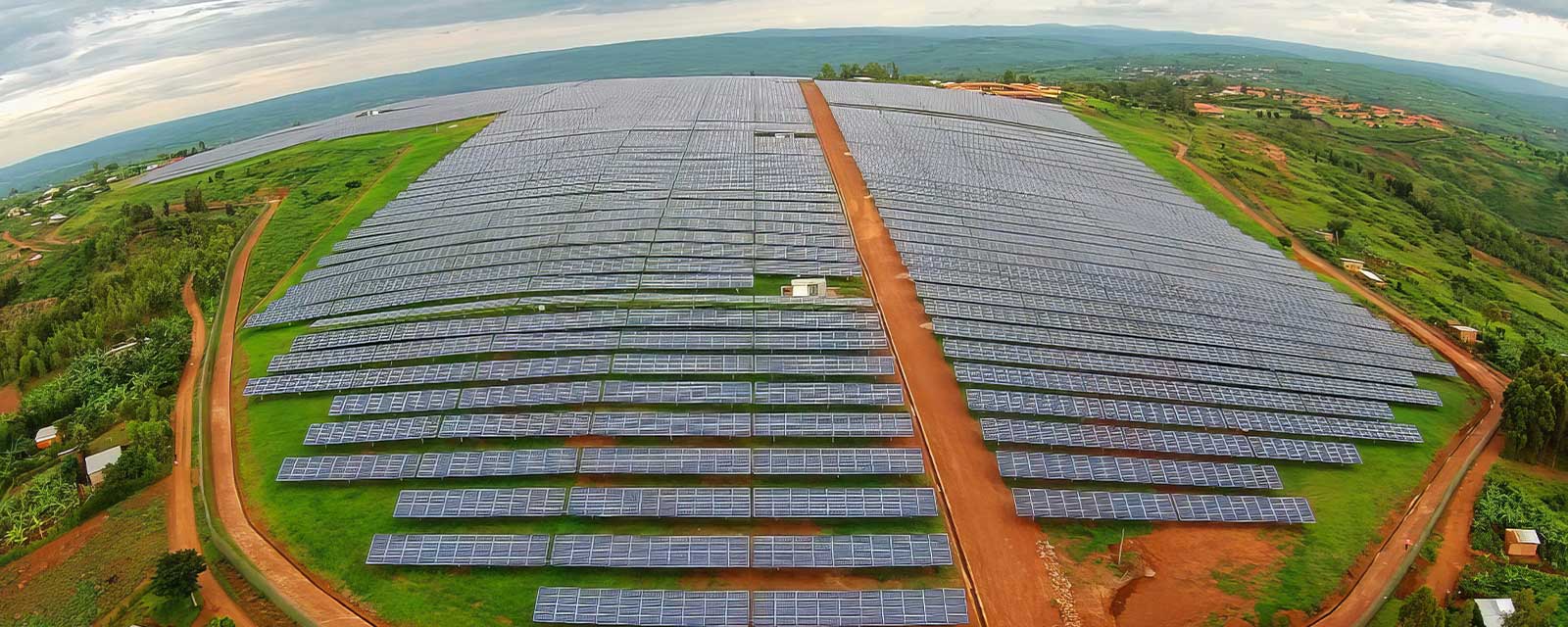
Sustainable Finance Taxonomy Advice in Rwanda (LuxDev)
Posted at 06:40 in RioAdvising on the implications of the development of a sustainable finance taxonomy in Rwanda on a new project of the Luxembourg cooperation (with focus on the emergence of green investment products).

Establishment of an emergency fund to fight forest fires in Lebanon
Posted at 06:40 in RioDevelopment of an emergency fund concept, in close collaboration with key actors at the national level. Proposal of governance and capitalization approaches, and support for the selection of the appropriate legal form. Development of the call for proposals for the selection of a fund manager.
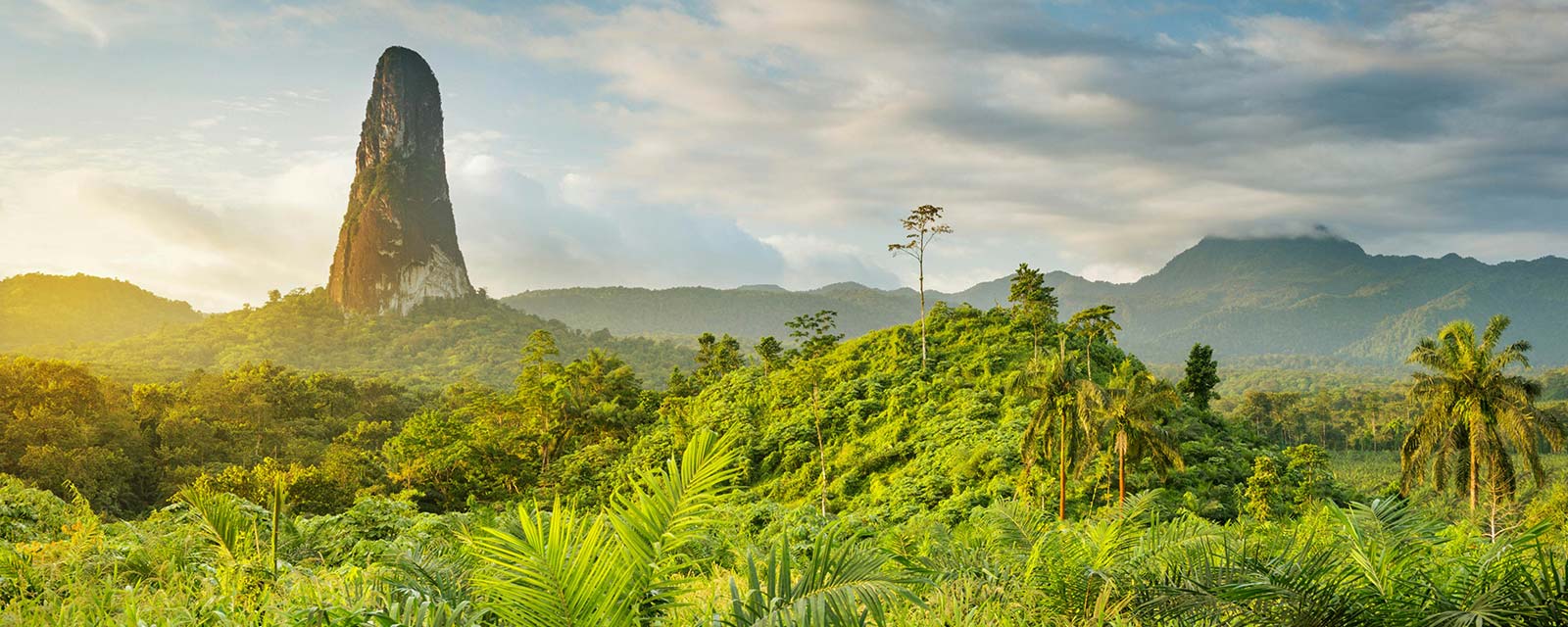
Design and implementation of a Conservation Trust Fund in São Tomé & Príncipe (BirdLife International)
Posted at 06:40 in RioEstablishment of a local operational structure, creation of the endowment fund and different funding windows, mobilization of financial partners. Design of a variety of financing solutions, including debt for nature swaps, climate finance opportunities, private foundations, and partnerships with the private sector.